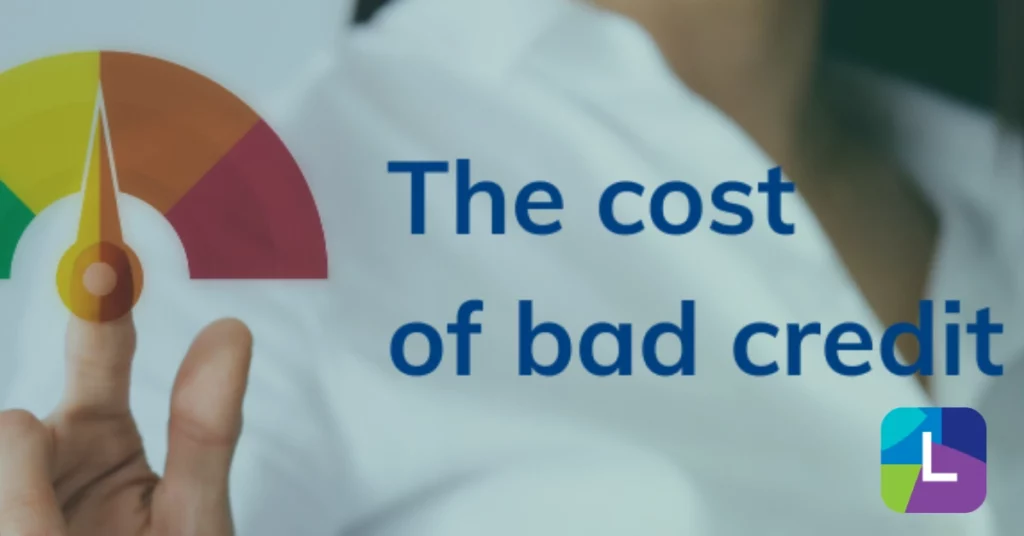One In Five Brits Feeling Locked Out From The Financial Services Market
London-based ethical lender Plend has reported that one in five Brits (approximately 11 million people) feel locked out of the Financial Services Market (FMS).
Financial Inclusion Report
A collaboration between Plend, Nationwide Building Society, Nationwide Incubator, StepChange and The Responsible Finance created the Financial Inclusion Report. The report is a compiled poll of 4500 individuals to highlight the UK’s financial exclusion of those most at risk in society. The figure is set to rise to a third among ethnic minority groups, leaving them unable to access fair credit and becoming vulnerable to using expensive borrowing facilities.
Access to affordable credit is vital for an individual’s financial stability. The report’s findings exposed many people repeatedly let down by the financial services industry. The report states that 38% of the affected people are from a black ethnic group while 32% from all ethnic groups combined feel locked out from financial services.
They also reported that single women are believed to be at a disadvantage than women living with a partner. 47% of people with children feel they are also locked out from financial services.
Post COVID-19 effects
The research also found COVID-19 has made matters even worse. 28% of people claim they are now in a worse financial position due to the pandemic while 36% of Brits feel they are financially vulnerable in an unexpected emergency. Added by a report conducted by Finder which found one in ten Brits has no savings at all. They also reported in 2020 the average savings a Brit had was just under £7000, with a third having just over £500 in savings.
Repayment Struggles
This makes matters worse as Plend reports the problem caused by the exclusion is the limited individual knowledge of the credit score system in the UK. Reportedly, 41% of adults do know their credit score with a further 60% not knowing how scores are calculated. In addition, 62% of respondents reported using a form of credit; with the average loan amounting to £8200. Of the 62%, men on average borrowed more than women – £9952.32 to £6346.57 respectively.
Loans are typically the form of credit most people struggle to pay off, which 50% of respondents have agreed with, compared to 38% with credit cards and 37% with buy now pay later (BNPL). Those in ethnic minority groups fared poorly against the national average, with 69% struggling to meet repayments.
The flaws in the UK credit reference system and traditional credit score methods often give out an “incomplete and outdated picture of an individual’s financial life”. This potentially holds back over 20 million people in the UK from affordable financial services.
Without fair financial products available to those in vulnerable positions, it means those who need support the most face paying a considerable amount for financial services – creating a “poverty premium.” This means things become more expensive for those who need the most help and they can be stuck in the vicious cycle of unreliable support and financial services.
Support postgraduate education on the Lendwise platform. Help make a difference to students looking to study at top business schools such as London Business School, Judge Business School, Chicago Booth and many more. Help make a bright difference to ambitious postgraduate students. *Explore investment options today.
*Capital at risk. Don’t invest unless you’re prepared to lose money. This is a high-risk investment. You may not be able to access your money easily and are unlikely to be protected if something goes wrong. Take 2 minutes to learn more.
Check our Lender terms and conditions.




